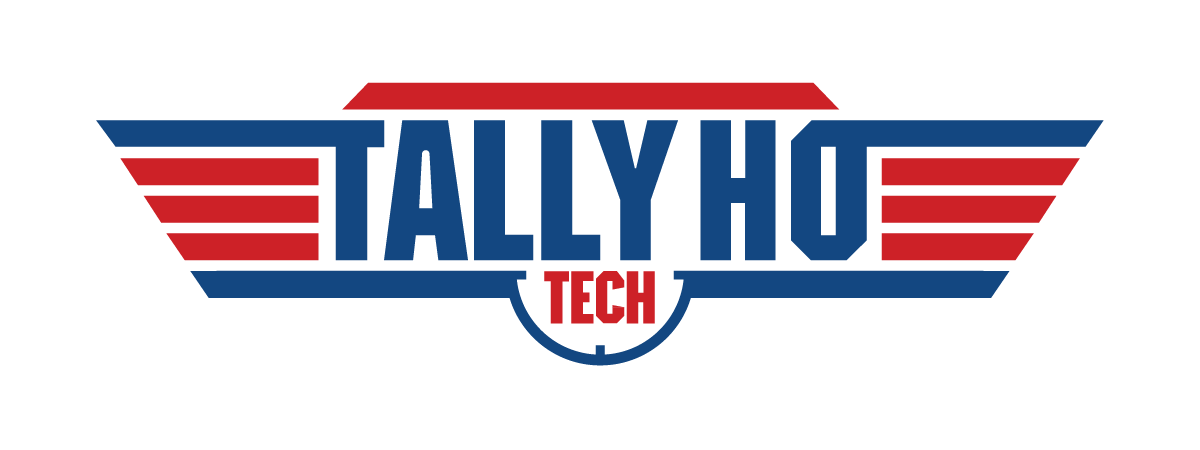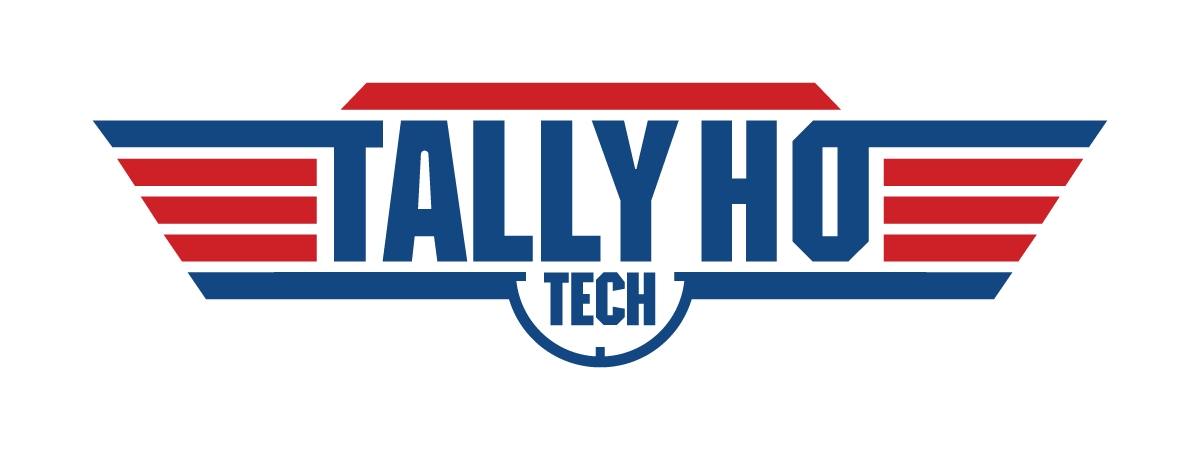In today’s interconnected world, where we rely on the internet for everything from banking to socializing, online security is more crucial than ever. One tool that has become increasingly popular in enhancing online privacy and security is a Virtual Private Network, or VPN. But what exactly is a VPN, how does it protect you, and when should you use it? Let’s dive in.
What is a VPN?
A Virtual Private Network (VPN) is a technology that creates a secure and encrypted connection over a less secure network, such as the internet. Essentially, it connects your device to a server somewhere else and allows you to browse the internet using that server’s internet connection.

How Does a VPN Protect You?
Encryption: A VPN encrypts your data, meaning that it’s scrambled in a way that makes it unreadable to anyone who might intercept it. This includes hackers, governments, or even your internet service provider.
Anonymity: By routing your connection through a server in a different location, a VPN masks your IP address. This makes it more difficult for websites or third parties to track your online activities.
Access to Restricted Content: VPNs can allow you to access content that might be restricted in your region. By connecting to a server in a different country, you can bypass these restrictions. NOTE: There are also services that will block you because of a VPN. Unfortunately, many malicious hackers use VPN as well. This just goes to show you how powerful and important it is.
Safe Online Transactions: For those who often conduct transactions or handle sensitive information online, a VPN adds an extra layer of security to prevent data theft.
When Should You Use a VPN?
Remote Work or Working in a Collaborative Network: For remote workers or professionals who may work in collaborative workspaces like realtors, CPAs, consultants, etc., accessing company resources, a VPN ensures that the connection is secure and data remains confidential.
Traveling Abroad: If you’re traveling to a country with internet censorship or content restrictions, a VPN can help you access the content you’re used to.
Public Wi-Fi: While we don’t promote using public Wi-Fi — ever — if you find yourself using public Wi-Fi in places like airports or coffee shops, a VPN is essential. Public networks are often less secure, making it easier for hackers to intercept your data.
Online Shopping and Banking: When handling sensitive financial information, a VPN provides an added layer of security to protect against potential fraud.
Conclusion
A VPN is a powerful tool for protecting your online privacy and security. Whether you’re a frequent traveler, a remote worker, or someone concerned about personal privacy, understanding and utilizing a VPN can be a significant asset in your online life.
Remember, not all VPNs are created equal. It’s essential to choose a reputable provider that adheres to a strict no-logs policy and uses robust encryption methods. We use ExpressVPN here and also have experience with NordVPN. Stay safe online, and consider integrating a VPN into your daily browsing habits.

